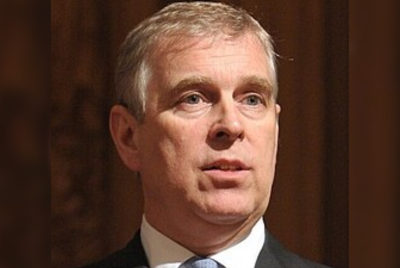UK PMI sticks near 21-month low as orders weaken
British economic activity fell at close to its fastest pace in nearly two years in November, adding to signs of recession as orders sank and employment growth slowed, a survey showed on Wednesday.

British economic activity fell at close to its fastest pace in nearly two years in November, adding to signs of recession as orders sank and employment growth slowed, a survey showed on Wednesday.
The 'flash' or preliminary version of the IHS Markit/CIPS composite purchasing managers' index (PMI) for Britain edged up to 48.3 from 48.2 in October, which was its lowest reading since January 2021, when there was a COVID-19 lockdown.
"A further steep fall in business activity in November adds to growing signs that the UK is in recession, with GDP likely to fall for a second consecutive quarter in the closing months of 2022," Chris Williamson, chief business economist at IHS Markit, said.
PMI readings below 50 represent economic contraction, and economists polled by Reuters had expected the flash PMI to fall again this month to 47.5.
IHS Markit said that aside from the pandemic, the UK PMI was now pointing to the biggest quarterly fall in economic output since early 2009, during the global financial crisis, with a drop of 0.4%.
Official data showed Britain's economy shrank by 0.2% in the three months to the end of September, and last week Britain's Office for Budget Responsibility said it estimated the economy had entered a recession which would last until late next year.
On Tuesday, the Organisation for Economic Cooperation and Development forecast Britain would have the biggest fall of output among the Group of Seven rich nations next year.
The PMI showed new orders fell at the fastest rate since January 2021 and that employment growth had slowed.
"The business mood remains among the gloomiest seen over the past quarter century amid the numerous headwinds, which include the cost of living crisis, the Ukraine war, steepening export losses - often linked to Brexit, higher borrowing costs, fiscal tightening and heightened political uncertainty," Williamson said.
However, firms reported the weakest inflation pressures in more than a year, although they remained high by historic standards. This drop will be welcomed by the Bank of England, which fears that inflation could be slow to fall back to its 2% target, after hitting a 41-year high of 11.1% in October.
Copyright Thomson Reuters. All rights reserved.





















